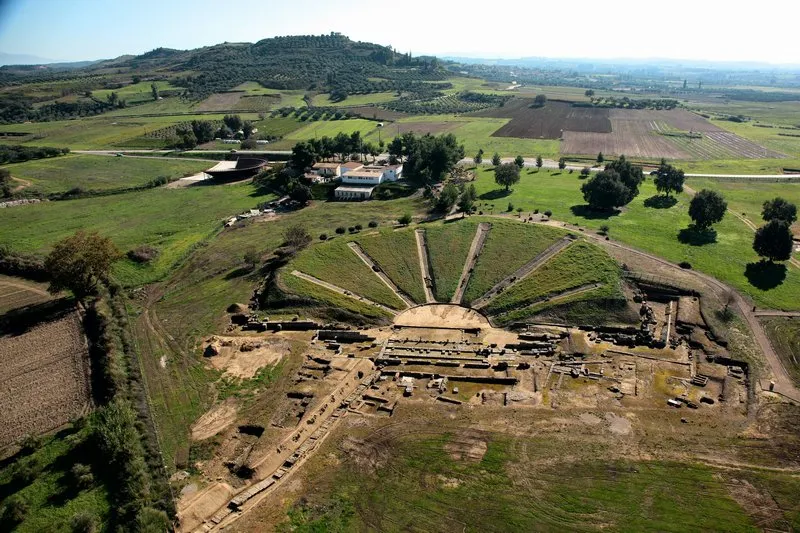Agnosticism
[second entry in the taphonomy of worlding]
Agnosticism as a method, in its practice, becomes a ritual where its routine nature becomes hallowed. This is true of many rituals, but for agnosticism it is a painful burden to bear, when the method is then forgotten or overwritten by its erstwhile success.
In becoming sacred, agnosticism becomes another ideal in the marketplace, becomes nothing.
When more intentional stances like dogma and identity arise in society, so what previously went by as routines we live by become banners and accusation, then tradition is forced into politics, despite itself, and not left to fade into grandparent greys of respect without recognition, or honour without obedience.
By this history now recognised and obeyed, any ancient unspoken ‘agnosticism’ is first named and relegated as a johnny-come-lately, the new chum, as the varieties of dogma and identity latterly shout their names, and corral tradition for rebranding under their mark. ‘This is a sin, and this is a heresy.’
Agnosticism, the native way of living, is seen as an import and despised.
Agnosticism is then, lately, defined in relation to the dogmatics inclinations and nostrums, perhaps as 'belief', and not in reference to a kindly tradition of local support and dialogue. See Pyrrho of Elis (BCE 360 – c. 270) a skeptic who came from a family of priests, and a time when 'belief' was not required. When morality, in its time and town, consisted of behaviour and belonging, routine as ritual, and not the narcissistic mind-games of self-improvement or imperially obsessed mind-police. When the day was lived.
Agnosticism is not possible without beliefs they say. But beliefs are the new thing, I claim.
I say, not only is agnosticism an intentional stance that refuses intentional stances of senseless alignment ('belief' and its variants), but agnosticism is also the older understood kindness of tradition, as a way of life, embedded in its history, without the constant hectoring and screaming that should be reserved for funerals and childbirth.
Things that actually matter.

Ancient theatre of Elis [via diazoma.gr]
Prior to belief-based worldbuilding, the agnostic had no name, yet lived. However, even with a name, a diagnosis, a place, an expectation, agnosticism's practice today may remind us that the first minds stood their stances, with commitment as an option, not an empire, not a rigidity of mind-killing intent.
Exercise: define the practice of agnosticism without using soul-based terminologies like belief, believing, dogma etc.
[second entry in the taphonomy of worlding] [crossposted from substack.com ]
